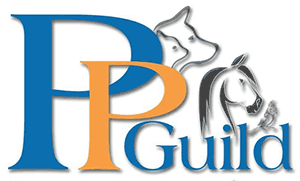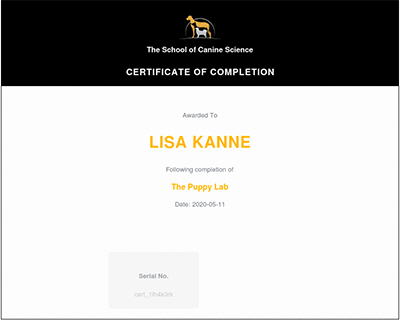How you want to train and why you want to train that way
There are a few different types of training that are popular at the moment. These trainers are
know as; Positive Reinforcement Trainers, Balanced Trainers, and Dominance Theory Trainers.
So what is Positive Reinforcement Training, Balanced Training, and Dominance Theory Training?
Positive Reinforcement Training: in basic terms uses ‘behaviour management’ to prevent
unwanted behaviours from happening, and rewards to help the dog understand what you like
them doing.
Balanced Training:
in basic terms uses ‘corrections/punishment’ to tell the dog what they don’t like them doing and make the dog do what they want them to do, and rewards to help the dog understand what they do like them doing.
Dominance Theory training:
in basic terms uses ‘corrections/punishment’ to make the dog do what the trainer/owner want them to do, when they want them to do it.
So how do you know which method of training is best for your dog!?
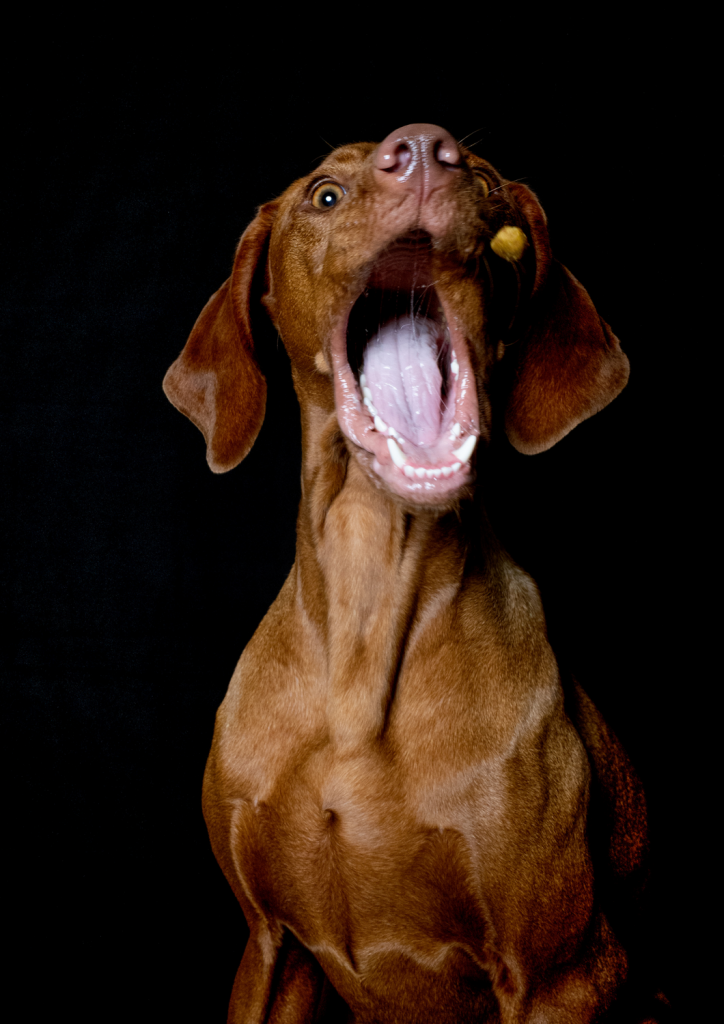
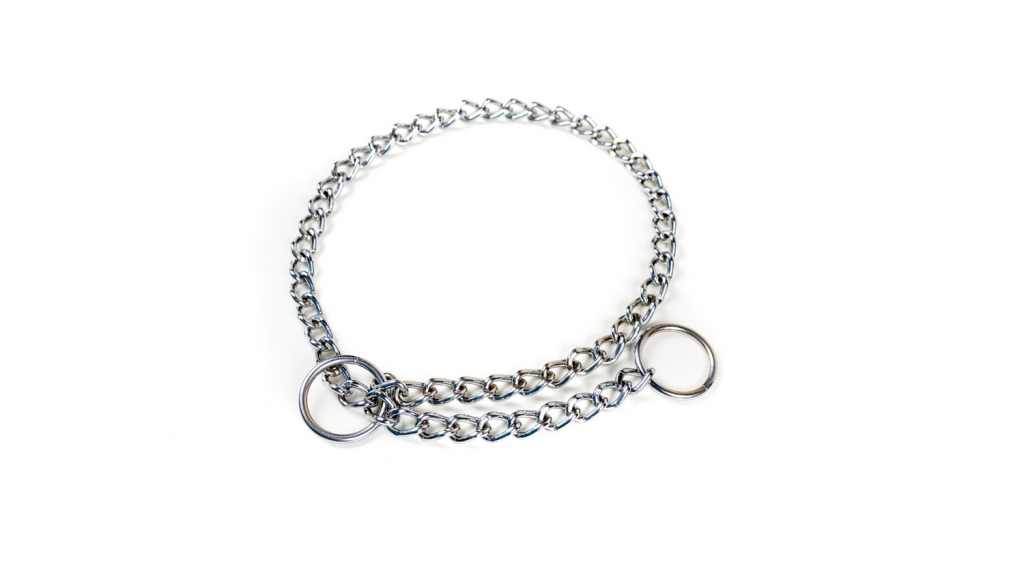
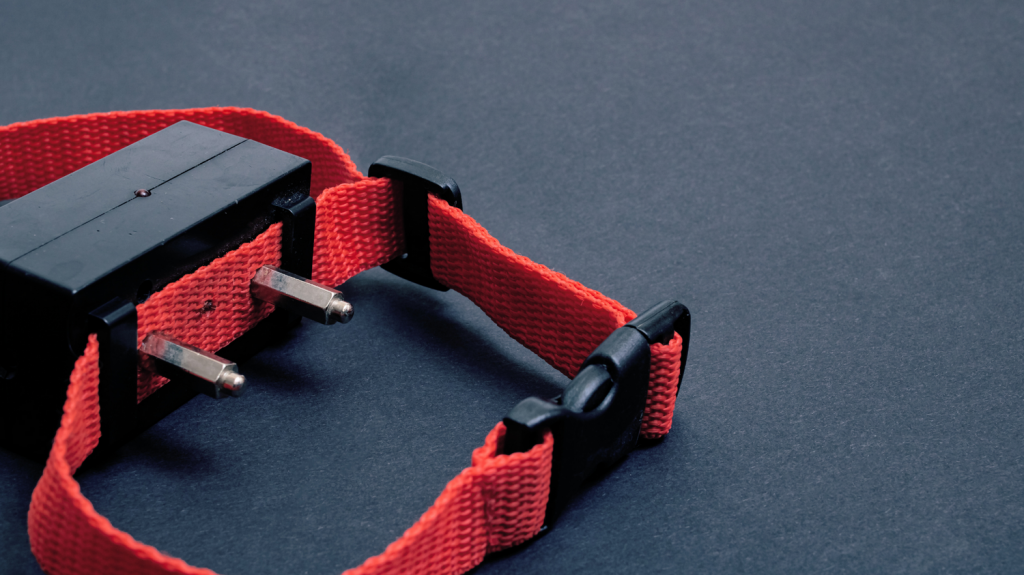
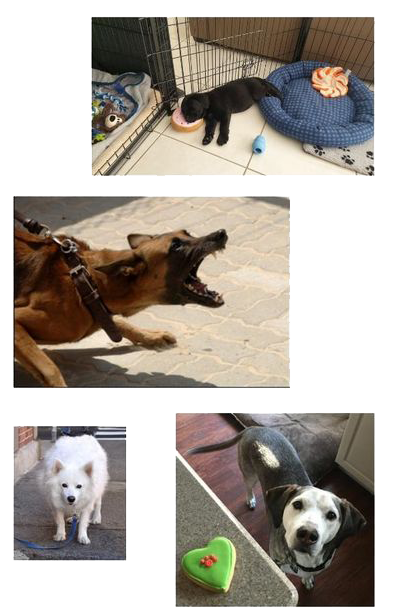
How do you know which method of training will be best for your dog?
You won’t know until you give it a go, so if you do try one method and your dog doesn’t cope with it, then it’s too late and the damage is done! The damaged caused is the loss of trust in you, from your dog, the need to become aggressive in order to keep worrying people/dogs away because their body language has been misunderstood.
Positive Reinforcement Training is the only method that does no risk distress through punishment and there are no adverse side effects to using rewardbased training.
In fact did you know reward-based training is used in zoos to help them look after their animals. Yes the lions and tigers, the bears and birds, the giraffe and elephants and rhinos!!
Think about the dog in front of you and take a guess at their personality, their tolerance to pain, what they find rewarding, what they don’t like and even if they have a fear of something. Every dog has feelings, needs and wants.
They can experience trauma just the way people do.
The way your dog learns is by association, meaning whenever your dog does something there is an outcome of that behaviour.
How your dog feels about that outcome is individual to that dog – and these variables determine if they will/are likely to choose to repeat that behaviour.
Your dog depends on you for its safety and needs to be able to cope with the situations you put it in, able to trust that they are safe in your care – unconditionally.
With this in mind, which method of training would your dog want?
COMING SOON!
For more information on how the different types of training work (or not) and how they may affect your dog, click here.
To find out if your dog is the average dog or not-so-average dog and why the reward-based
training method will work best with your dog, click here.
For more information on what is meant by Reward, Behaviour Management, and
Correction/Punishment, click here.


